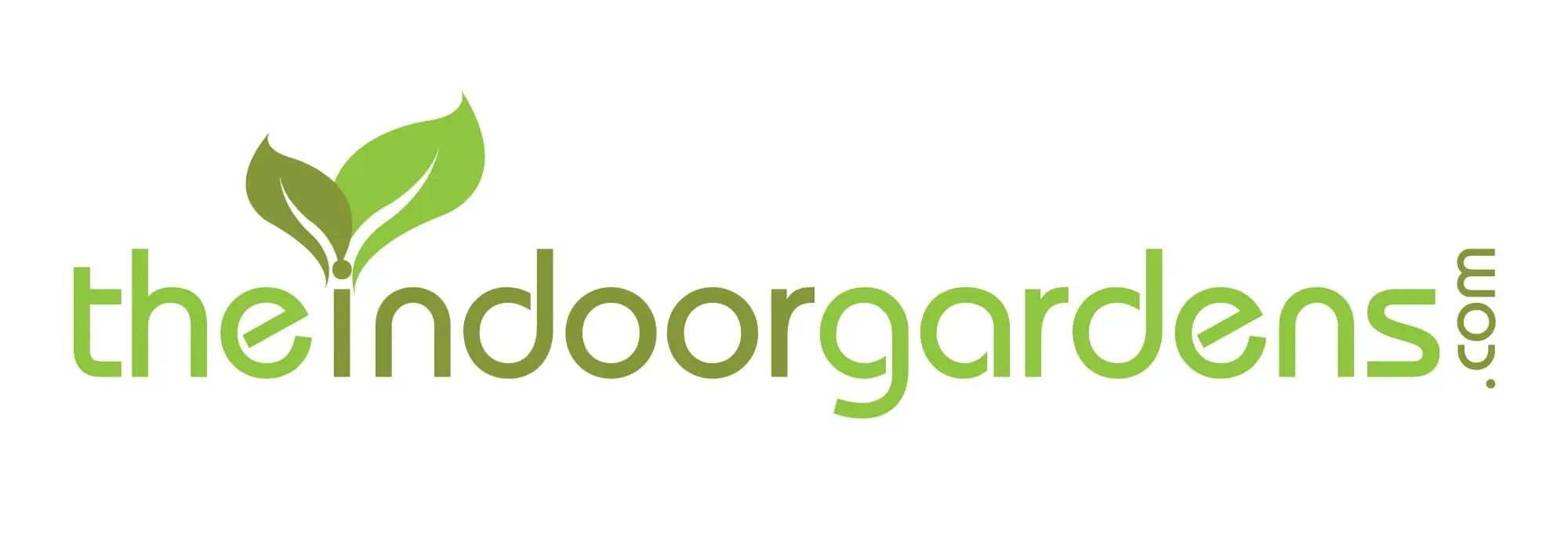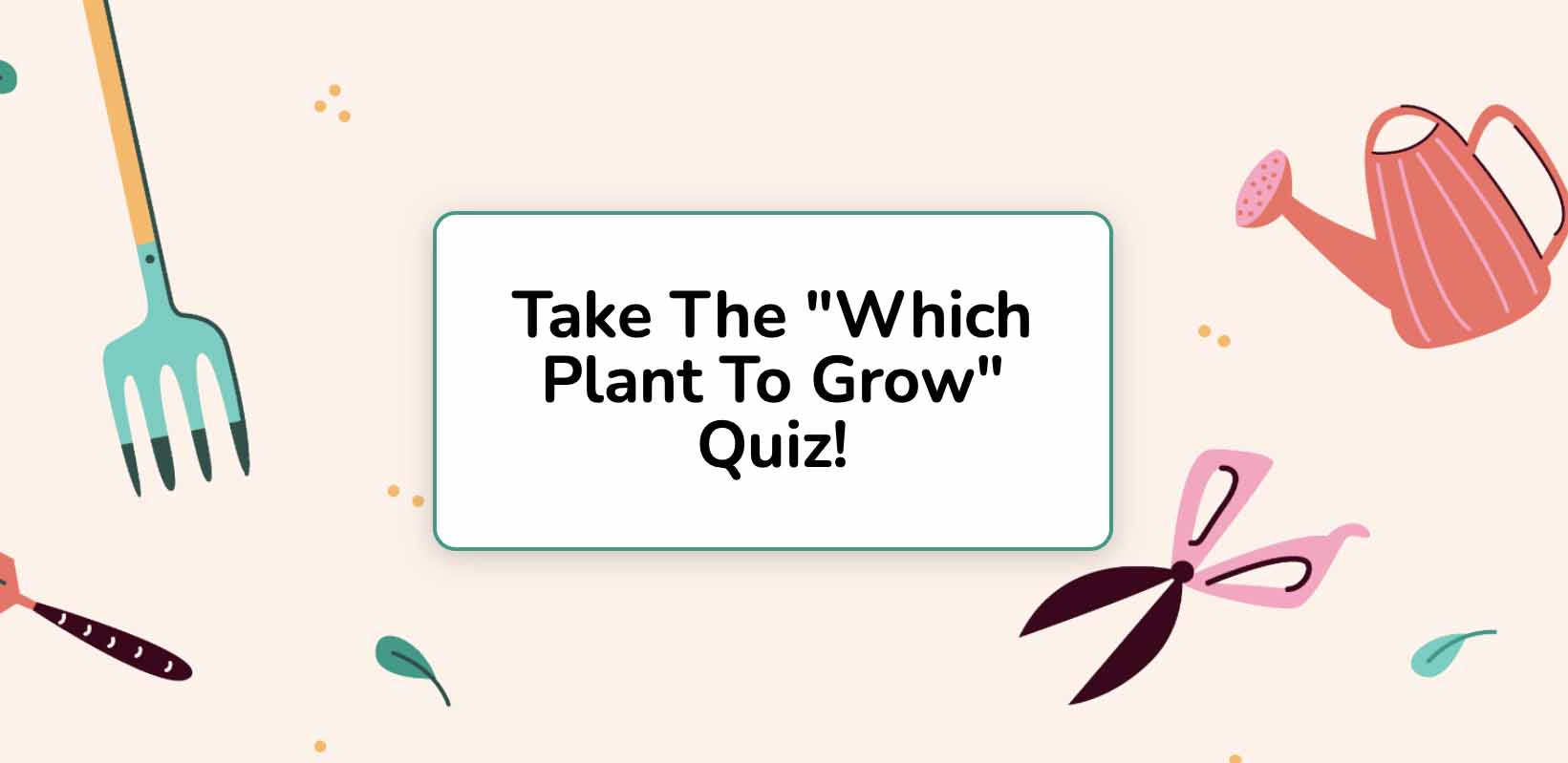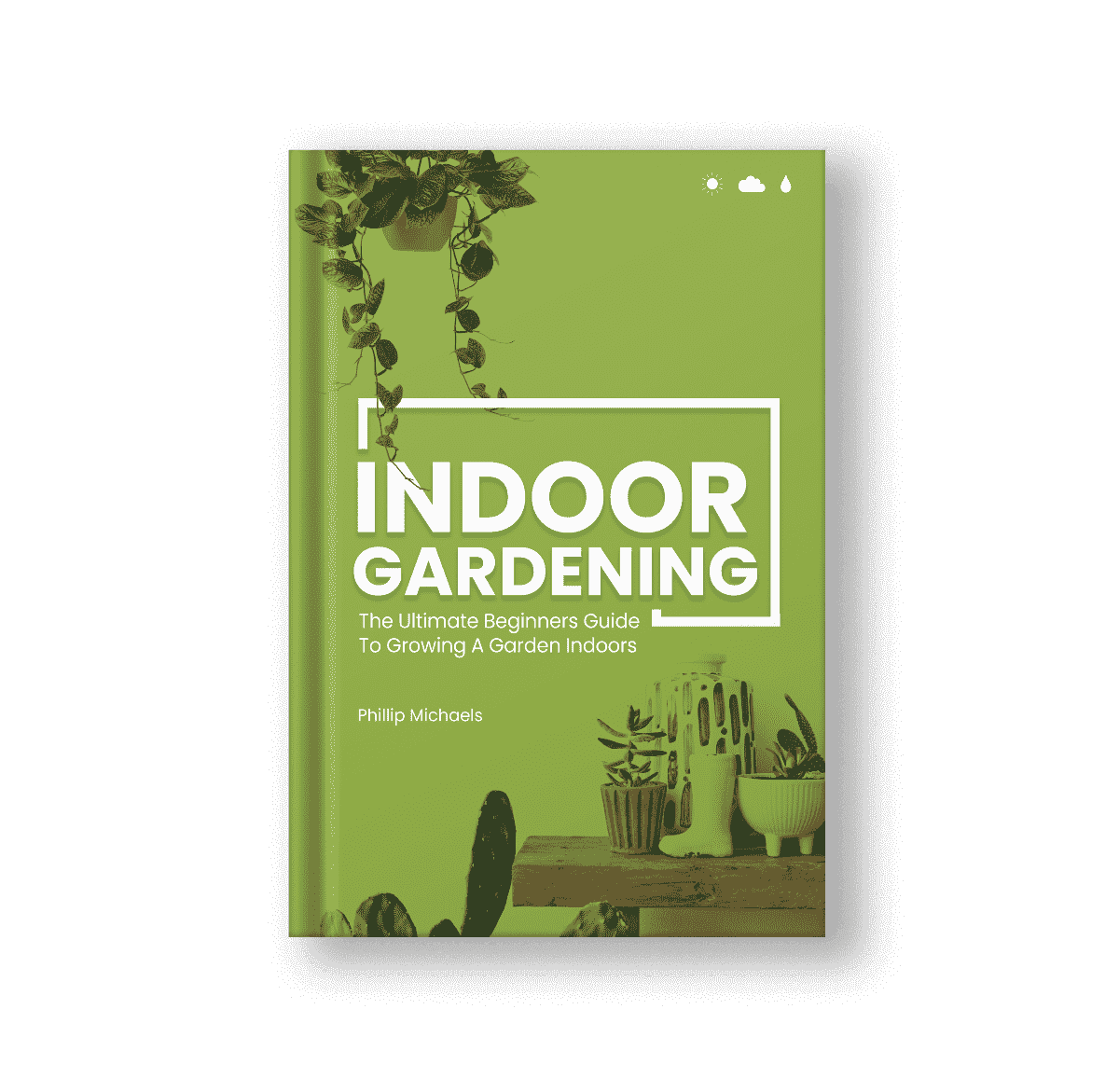Some people equate fertilizing to feeding, and to a plant this is an apt comparison. Fertilizer is like food for your plant, and when done properly does a lot to help them grow.
On the converse, too much can be a bad thing. This is especially true for chemical based fertilizers which can easily shock plants, stunting their growth and in extreme cases even killing them.
This is why so many gardeners have moved to organic and natural solutions for their fertilizer needs. The truth is it’s perfectly fine to feed your plants with organic fertilizers, it just takes a bit more work to determine the optimal ingredients. In this article we’ll just touch the surface of organic fertilizer and composting, and give you 5 easy ways to give your plants nutrients naturally.
Fertilizer Isn’t a Miracle Worker
First off, it’s important to understand that fertilizer isn’t a cure all, and is only truly effective when the rest of a plants needs are met. If a plant isn’t getting enough sunlight or water then fertilizer will at best delay the inevitable and often won’t help at all.
Therefore, make sure that you’re providing all the other nutrients your plant needs before investing in fertilizer. Most potting soils will have enough nutrients for a few months, so you have some time.
You also don’t want to overfeed. Even during the growing season, most indoor plants will likely only require fertilizer ever 2-4 weeks. Some may need it more, but those numbers are there to illustrate that this isn’t something that needs to be done frequently. In the winter, when plants don’t grow as much, it may be possible to stop fertilizing all together. Make sure to understand your plants before undertaking any sort of care routine.
What’s In a Fertilizer?
In addition to adequate sunlight and water, the three most crucial elements all plants need are nitrogen, phosphorus, and potassium- also called N-P-K for short. As each element aids for a specific aspect of plant health, they are generally blended together in varying proportions - each proportion tailored to enhance a specific aspect of plant growth. Fortunately, most fertilizers clearly show their purpose as well as the ratio of the three elements in the mixture.
In addition to N-P-K, most fertilizers also contain other elements that are vital to healthy plant growth. Some trace elements important to plant health are calcium, magnesium, iron, copper, manganese, zinc, and sulfur to name a few.
When looking at organic or natural fertilizers keep in mind the key nutrients above. Also, like always, keep in mind what type of plants you have. Different plants may haver different nutrient needs, and will grow better when given the optimal ratio.
What Do N-P-K Do?
While all three are important, they each play a different role in helping your plants grow. Some plants might need more of a certain element, and you can sometimes encourage specific growth by changing the ratios of them.
Nitrogen: Encourages green leaf and stem growth.
Phosphorus: Aids in water intake and blooms. Critical for flowering and most fruits/vegetables.
Potassium: Encourages root growth and blooming. Essential to a deep, healthy root system.
Each element has its own role, but together they create healthy plants. If you know what you’re doing you can tweak the amounts to encourage different types of growth, but for most growers you should stick with a standard ratio to get best results. With that all out of the way, let’s start looking at some organic fertilizer options.
1. Perishable Food Supplies
Almost anything organic and from the household can be added to your compost heap or event directly into the soil. For instance, banana peels are a great source of potassium for your plants. Other kitchen scraps such as vegetable peels and egg shells work equally well too.
If you’re composting, also look to add in non-organic material like paper or cardboard. This helps to balance the nutrients, and can also help keep it from smelling. We have a getting started with compost article that you should check out if you want to go this route.
2. Fresh Seaweeds
Seaweed is another great natural fertilizer. Whether you buy it fresh or dried, seaweeds are excellent for soil amendments.
Simply chop up a small bunch of seaweeds and add it to 4 gallons of water and then let that sit for about 3 weeks. After allowing to sit you can simply pour it into your garden over the next week or two. You can also buy these pre-made to save yourself the time while still enjoying the benefits of a natural fertilizer.
3. Molasses
Adding molasses in compost tea almost doubles the amount of microbes and beneficial bacteria that microbes feed on. Simply add 1-4 tablespoons of molasses to a gallon of water and mix well. Water your plants with this mixture and watch them thrive.
4. Coffee Grounds
Coffee grounds are another great option that many of us already have. Simply work used coffee grounds into the soil around your plant every week or two.
Coffee grounds are very high in nitrogen so keep this in mind when feeding. This is particular great for flowers like roses, but equally good for fruits and veggies as well. For more info, check out our article on it!
5. Epsom Salt
Lastly we have a simple epsom salt fertilizer. Simply mix a bit of epsom salt with water, and pour into your plant’s soil every week or so.
Epsom salt contains magnesium which helps plants absorb nutrients from the soil. It’s also extremely hard to “overdose” your plants with it so you can be confident you won’t harm your plants with it.







